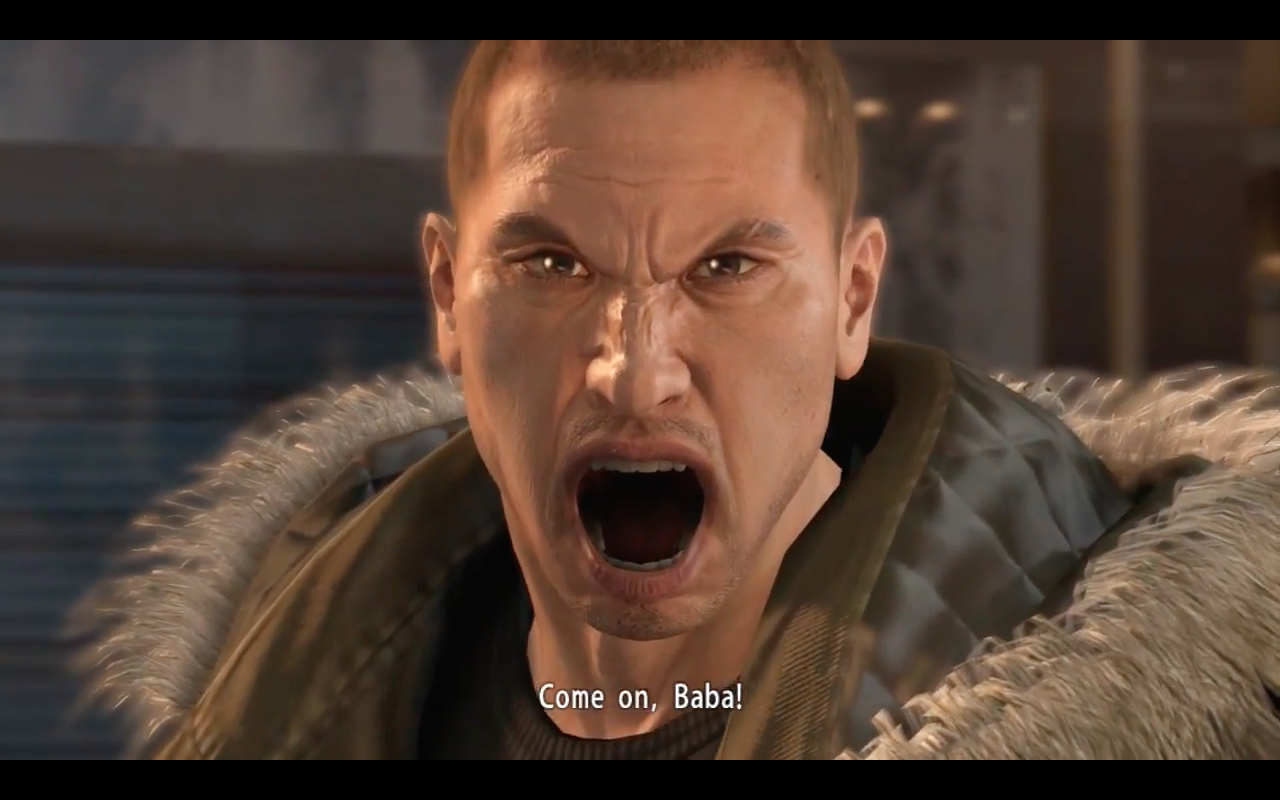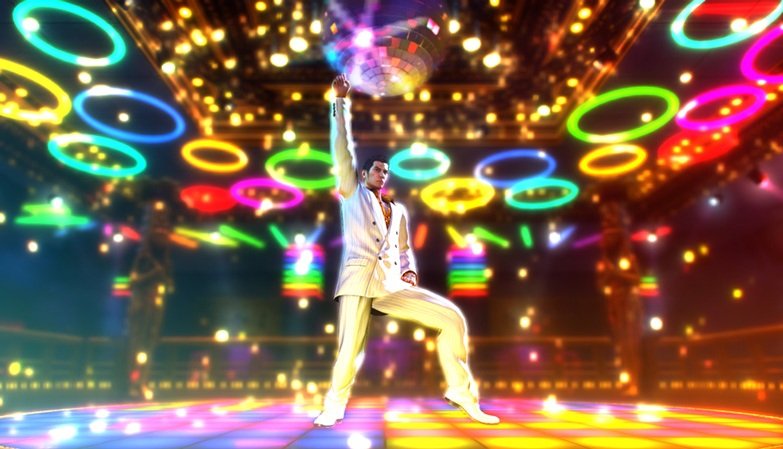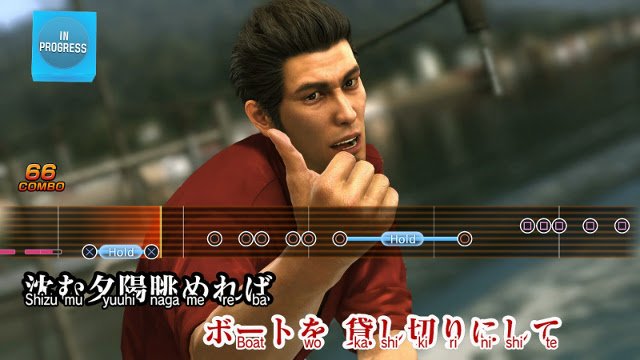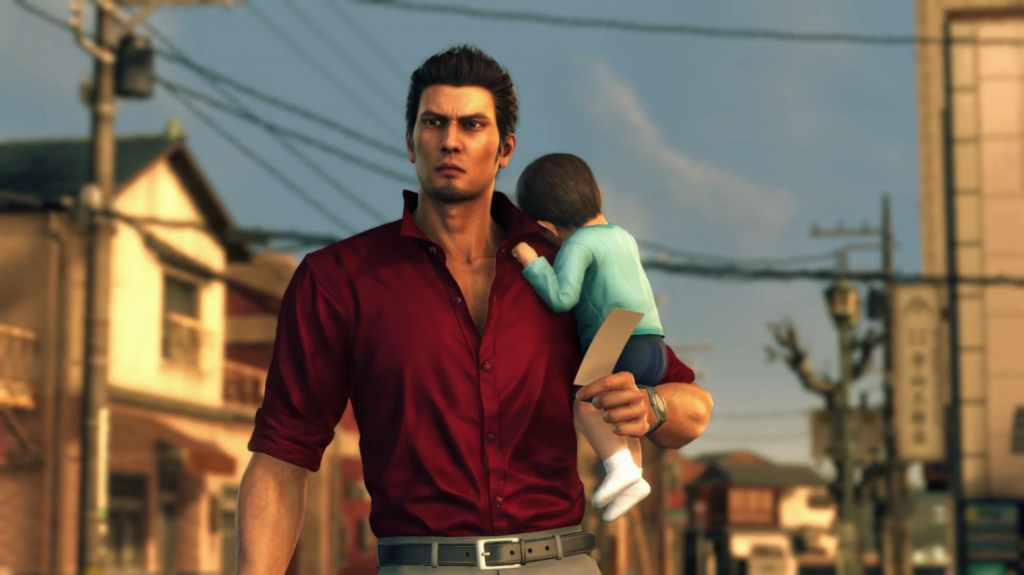Since its inception in 2005, Yakuza has always been a series aimed at the adult male audience in Japan.
It’s probably what you’d assume for games in the crime genre primarily set in a seedy red light district with ripped muscle-bound leading men and villains punching the living daylights out of each other for all myriad reasons. But as the games have broken out of its niche to win over a wider audience demographic (according to its creator Toshihiro Nagoshi, 20% of Yakuza players are female), it’s fair to say that its growing and enduring appeal lies in characters and gameplay that has more depth and heart than its tough facade lets on.
On the surface, Kazuma Kiryu is that male protagonist we’ve come to identify in games from Metal Gear Solid to The Witcher, the stoic, world-weary type who speaks with action (i.e. the violent kind). But where these men hide their emotions, melodrama is at the beating heart of Yakuza, where themes of honor, brotherhood and betrayal run deep, and essentially turns it into one big soap opera. It’s just instead of rows and slaps, it’s a bunch of well-built guys not holding back their passion before we launch into dramatic close-ups and their feelings are expressed with fists and furniture flying.
Yet the violence, as brutal as it looks onscreen, is different to the fatal headshots and decapitations we’re more used to enacting in other games. In Yakuza, fighting is either self-defense or a kind of stand-in for drama. Kiryu and other characters you play throughout the series isn’t about ending someone’s life, it’s more often about trying to change their hearts – it’s more like choreographing a violent foreplay. Take one moment in Yakuza 5 where Saejima is betrayed by prison inmate Baba. The fight’s conclusion isn’t about giving the traitor his comeuppance but about Saejima passionately beating sense into him before saying how he wishes that one day they can be officially sworn brothers. That’s the bizarre kind of melodrama we’re dealing with.

Modern games like to give us choice over a blank slate, and as such that kind of leaves a vacuum for amorality, especially if you’re playing a crime-themed one like GTA (which Yakuza is often unfairly compared with). Emotions or a conscience get in the way of tearing shit up. But Yakuza’s protagonists are ultimately decent men, and even if they’re caught up in the murky criminal underworld, they shine amongst that with a sense of honor and justice. That might sound too earnest and rather uncool, but that’s what endears us to them; Kiryu isn’t just on some quest to right the wrongs of countless internal yakuza wars, he’s trying to do right by his adopted daughter Haruka as well as his family of orphans.
And that’s just the main story. The side quests and mini-games open up a whole other dimension and genre to Yakuza when it basically becomes all kinds of comedy. Of course, downtime and going off the beaten path is common for other games, but rarely are they delivered with the charm of Yakuza’s, which somehow manages to be both bonkers yet believable. You’re not just playing some thug who answers every problem with his fists, you’re belting out your heart at karaoke, trying to put the charms on a hostess or, at least in Yakuza 0’s 80s timeline, showing your moves on the discotheque.

Perhaps what’s most endearing in the activities that happen away from the story is seeing our usual tough guys in fish-out-of-water scenarios but still trying to carry it out with all earnestness, whether that’s having Majima doing his damndest to help win a bunch of dolls from the UFO catcher for a little girl or Kiryu trying to avoid embarrassment buying a naughty magazine for an innocent but curious boy, though his rationale is to follow through on his ‘word’ and not let the kid down. These moments make them awkward, a bit dorky even, but also makes them more relatable to the rest of us, a crack of humanity you don’t often see when you’re otherwise smashing goons against a wall or on the curb. Perhaps the funniest one of all is during the remake Kiwami where, out of nowhere, a female reporter interviews Kiryu and his allies to find out who among them is the ultimate DILF.
Embodying a power fantasy remains an obvious draw in many games, especially for a young male gamer, but as Yakuza 6 approaches in April, SEGA is doubling down on the weirdness. Whether it’s Kiryu caring for stray cats, looking after a baby or learning to embrace the technology on his smartphone (or even a certain live chat mini-game at an internet cafe), it’s a multifaceted portrayal of masculinity that we could all do with more of in games. If nothing else, a karaoke session is always one to put a smile on Kiryu’s face.








